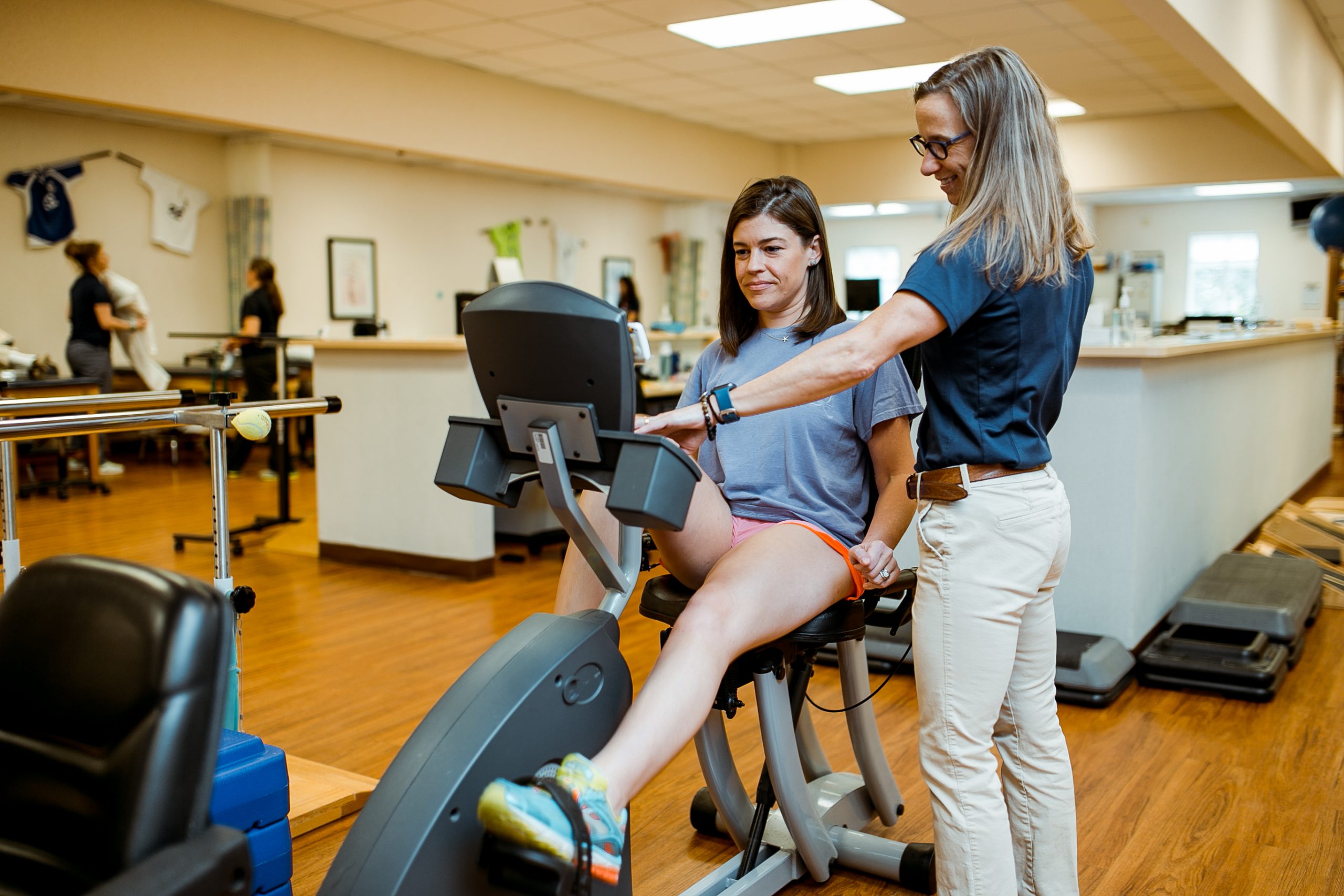The Crucial Effect of Strength Exercise on Enhancing Rehabilitation and Performance in Sports Recovery
The Crucial Effect of Strength Exercise on Enhancing Rehabilitation and Performance in Sports Recovery
Blog Article
Resistance conditioning plays a crucial part in athletic rehabilitation, assisting athletes heal from injuries and improve their general performance. When an individual sustains hurt, their body requires time to heal. However, during this recovery phase, it is essential to preserve strength and mobility to avoid additional injuries. Strength conditioning can be tailored to fit the needs of each athlete, focusing on particular muscle groups that may have been impacted by the injury. This focused method not only aids in rehabilitation but also readies the individual to come back to their sport more robust than before.
One of the main benefits of strength conditioning in rehabilitation is its capability to enhance muscular strength and stamina. When muscles are more powerful, they can better stabilize joints and minimize the risk of recurrence of injury. For example, an individual recovering from a leg injury can gain from exercises that strengthen the quadriceps and hamstrings. These muscles play a crucial role in supporting the leg joint. By including strength conditioning into their rehabilitation program, athletes can recover their strength more efficiently and safely.
In furthermore to building power, strength conditioning also improves mobility and scope of motion. Many traumas can lead to rigidity in the injured area, causing it difficult for individuals to move freely. Resistance training workouts often involve extending and lengthening the muscular tissues, which can help reestablish mobility. For instance, adding resistance straps or dumbbells into stretching programs can enhance the efficacy of these exercises. As flexibility enhances, athletes can execute actions more effectively, which is essential for peak capabilities in their activity.
Another important aspect of strength conditioning in athletic recovery is its beneficial impact on mental health. Recovering from an injury can be a difficult and exasperating process for individuals. Engaging in resistance conditioning can offer a sense of accomplishment and boost confidence. As individuals see gains in their power and abilities, they may feel more driven to continue their recovery journey. This mental uplift can be just as crucial as the physical benefits, as a positive attitude can result to better outcomes in rehabilitation.
Finally, resistance training can help athletes move back to their sport more smoothly. Once they have recovered their power and flexibility, athletes must to rehearse sport-specific actions linked here to guarantee they are prepared for competition. Strength conditioning can be integrated with activity-specific exercises to create a holistic rehabilitation program. This blend allows individuals to not only recover but also enhance their capabilities. By focusing on both recovery and capabilities, resistance training becomes an essential instrument in the recovery process, assisting athletes come back to their sport stronger and more durable.